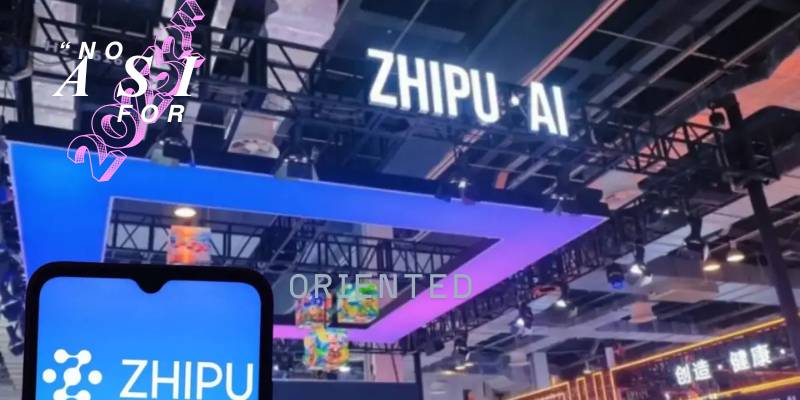When people talk about artificial superintelligence, it usually sounds like the stuff of sci-fi movies.
Yet this week, Zhang Peng, CEO of China’s rising star Zhipu AI, stepped into the noisy debate with a dose of realism.
Speaking as the company unveiled its latest large language model, Zhang said he doesn’t believe machines will fully outpace the human mind by 2030, despite bold predictions from the likes of OpenAI’s Sam Altman.
His take? AI will probably beat us in certain tasks—reasoning, coding, maybe even creative writing—but still trip over basic human nuance.
It’s worth noting the contrast here. Not long ago, Masayoshi Son of SoftBank was confidently predicting ASI could arrive by 2035.
These timelines, tossed around like darts at a board, reveal more about tech optimism (or bravado) than science.
I sometimes wonder—aren’t we setting ourselves up for disappointment when the future doesn’t match the glossy slide decks?
Zhipu itself has been on a roll. Born out of Tsinghua University in 2019, it has gone from scrappy spinoff to a major player in China’s AI race.
Earlier this year, the company even hinted at plans to go public on mainland markets, fueling speculation about Beijing’s strategy to counterbalance U.S. heavyweights like OpenAI.
In fact, OpenAI already called Zhipu a rising rival—a nod that’s equal parts compliment and warning.
But here’s where it gets interesting. Zhipu’s newest model, GLM-4.6, is said to improve on reasoning and writing skills, inching closer to being a genuine competitor.
The company has also dipped its toes into consumer subscriptions with a coding service. Still, the CEO admits the domestic market is tricky.
Unlike in the U.S., where people happily shell out for AI assistants, Chinese consumers have been tougher to convince.
He’s betting that will shift as prices fall and trust grows—time will tell.
At the same time, the conversation around AI isn’t happening in a vacuum.
Just this week, Hollywood actors railed against an AI-generated performer, while regulators worldwide wrestle with how to keep the technology in check.
The tension between innovation and public pushback is only getting louder.
So, what’s the real takeaway? Despite all the hype, Zhipu’s more grounded stance reminds us to keep our expectations in check.
Superintelligence might not crash through the gates by 2030—but incremental AI advances are already reshaping industries and everyday lives.
And maybe that’s the quieter, more fascinating story: not the sci-fi leap, but the steady crawl into our reality.
For anyone still holding their breath for full-blown ASI, the wait may be longer than you think. In the meantime, companies like Zhipu, OpenAI, and Anthropic are busy duking it out in the trenches.
And honestly, watching these rivalries unfold—like Microsoft weaving Anthropic’s models into Copilot—might be just as captivating as the far-off dream of machines smarter than us all.

